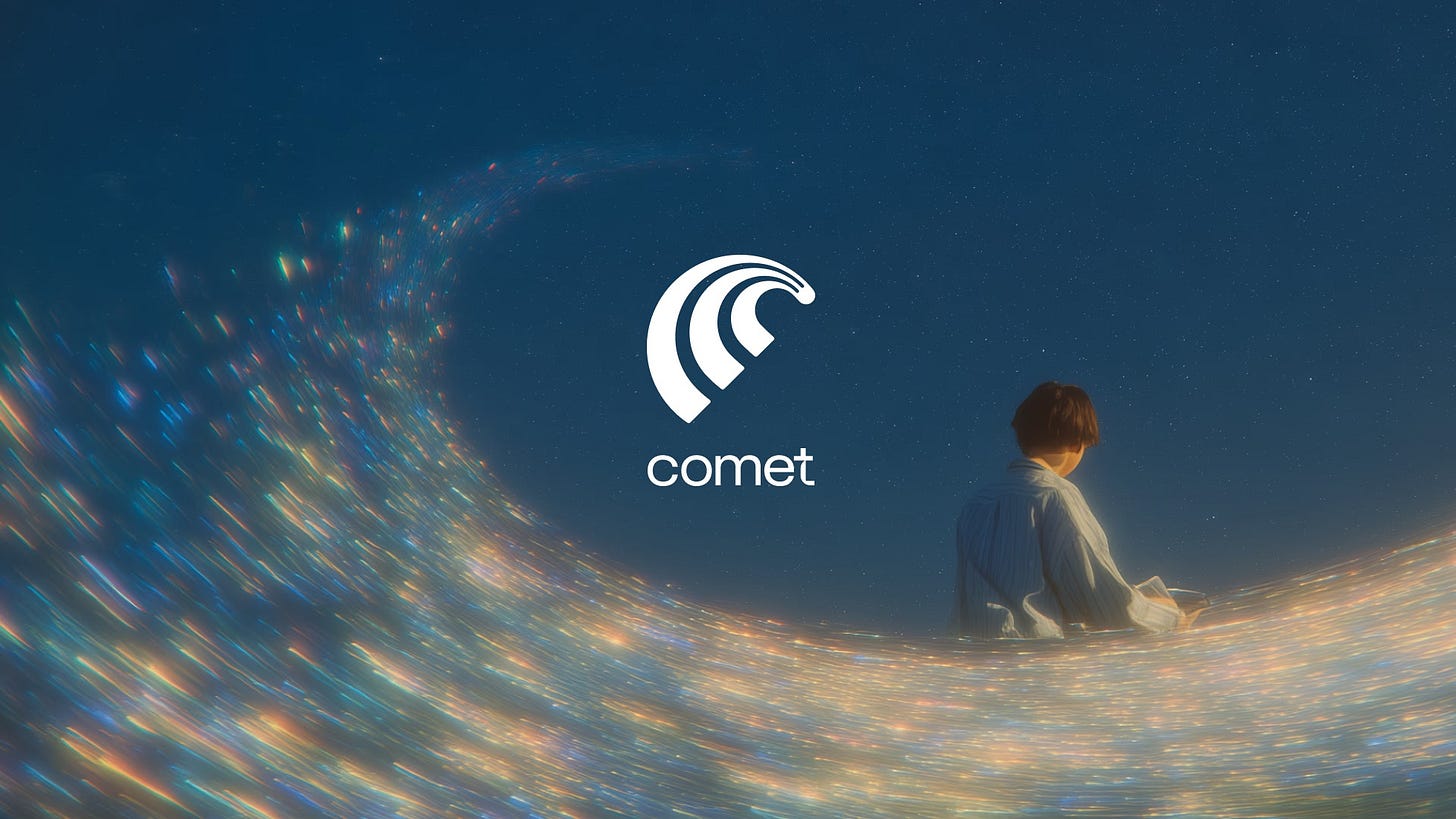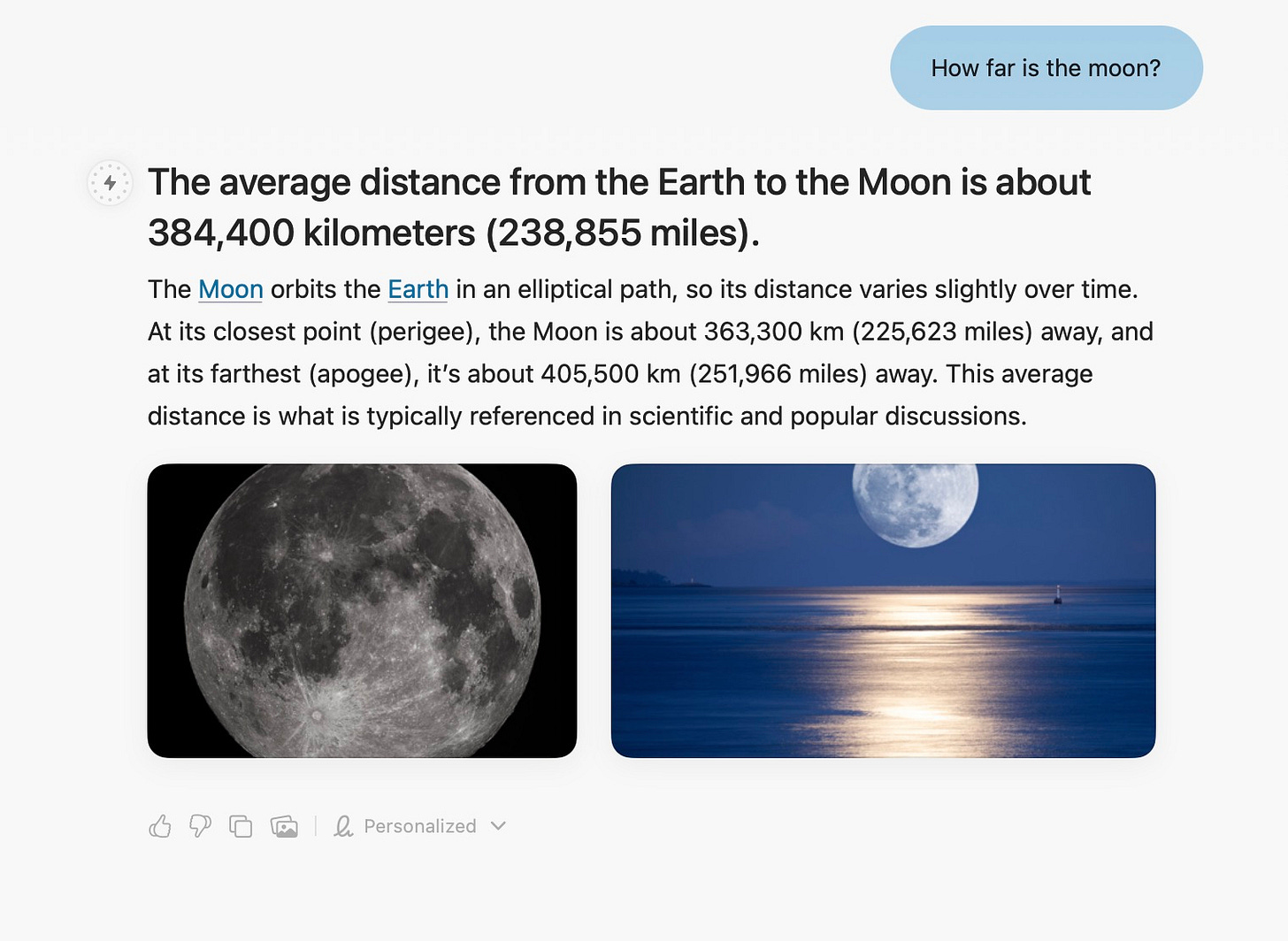Why AI browsers want to change your search behaviour
And why that is more important for them than developing agents
The web is proving to be a very effective medium for AI companies to develop and distribute their products. Multiple companies have realized that with this paradigm, browser becomes a really powerful form of software.
Companies like Perplexity, The Browser Company, and Opera have been chasing the dream of an agentic browser that will handle or automate tasks for you. OpenAI is reportedly set to launch its own browser in the next few weeks.
While the north star for these companies is to have the browser fulfill complex tasks set by users, right now, they are trying to change one basic and repetitive habit: search. Most of our brains are wired to type in a few keywords and rely on Google to give us matching and relevant webpages.
However, ChatGPT and other chatbots have changed this habit in the last few years. People using these chatbots often write elaborate prompts or queries to ask. And a lot of the time, they get the answer within that chat window, without needing to click on a link.
With Chrome, Google instilled a habit in users to type their search into the address bar (omnibar). That’s what new browsers like Dia and Comet aim to do. Users now have access to a chatbot directly in the address bar, so you just need to type your query and get chatting.
For Google, the key driver was to have people using Chrome drive Google searches. For browsers, it is having user to chat with their own chatbots. These companies are trying to build tools within their browsers to have power users not switch to other tools.
These include mentioning multiple tabs and answering questions, having the browser read the currently open page and tell you relevant information, having connectors with other apps like Gmail to get you information, or letting you code mini apps for repeatable tasks.
While some of these features are well-suited for advanced users, search is now one of the most fundamental actions for all kinds of users in a browser. And if browsers can drive the habit of having users ask detailed queries and follow-ups using their own tools.
Browsers have relied on search deals with giants like Google to drive revenue, apart from offering a few goodies. Tools like ChatGPT have gnawed a little bit of search market share from Google. Browsers are hoping that this is a sign enough to have their own Q&A stack and user base to entice advertisers eventually. Some of them might offer premium features, but subscriptions are unlikely to drive the majority of revenue, leaving only advertising as a viable long-term revenue driver.
Google is already integrating Gemini into Chrome and won’t give up its search and ad market that easily. Unless they are forced to, of course. AI browsers are still a niche category in overall web consumption. But if Google has to sell Chrome, they will become really important all of a sudden. And the way we browse the web will change again.




